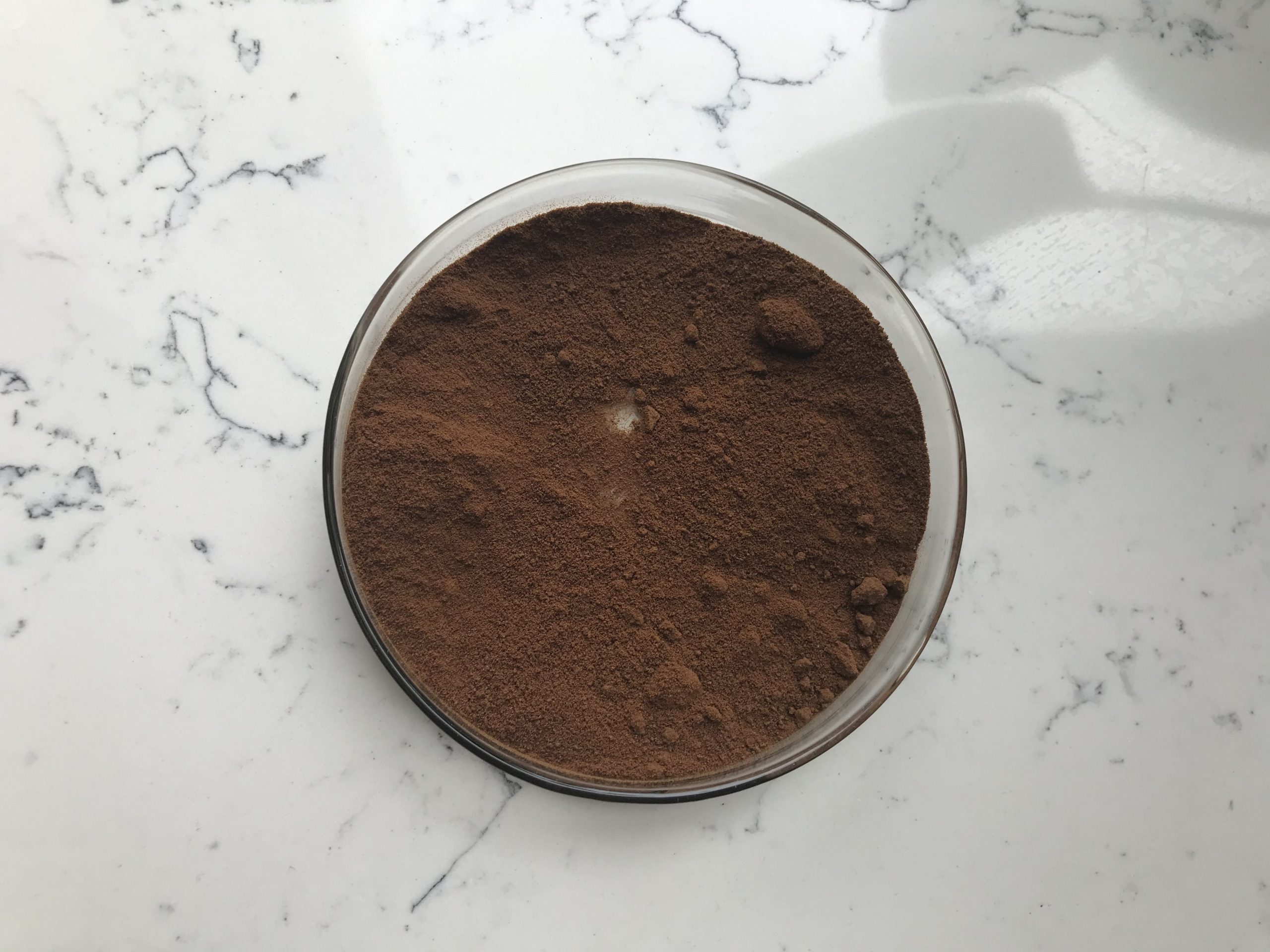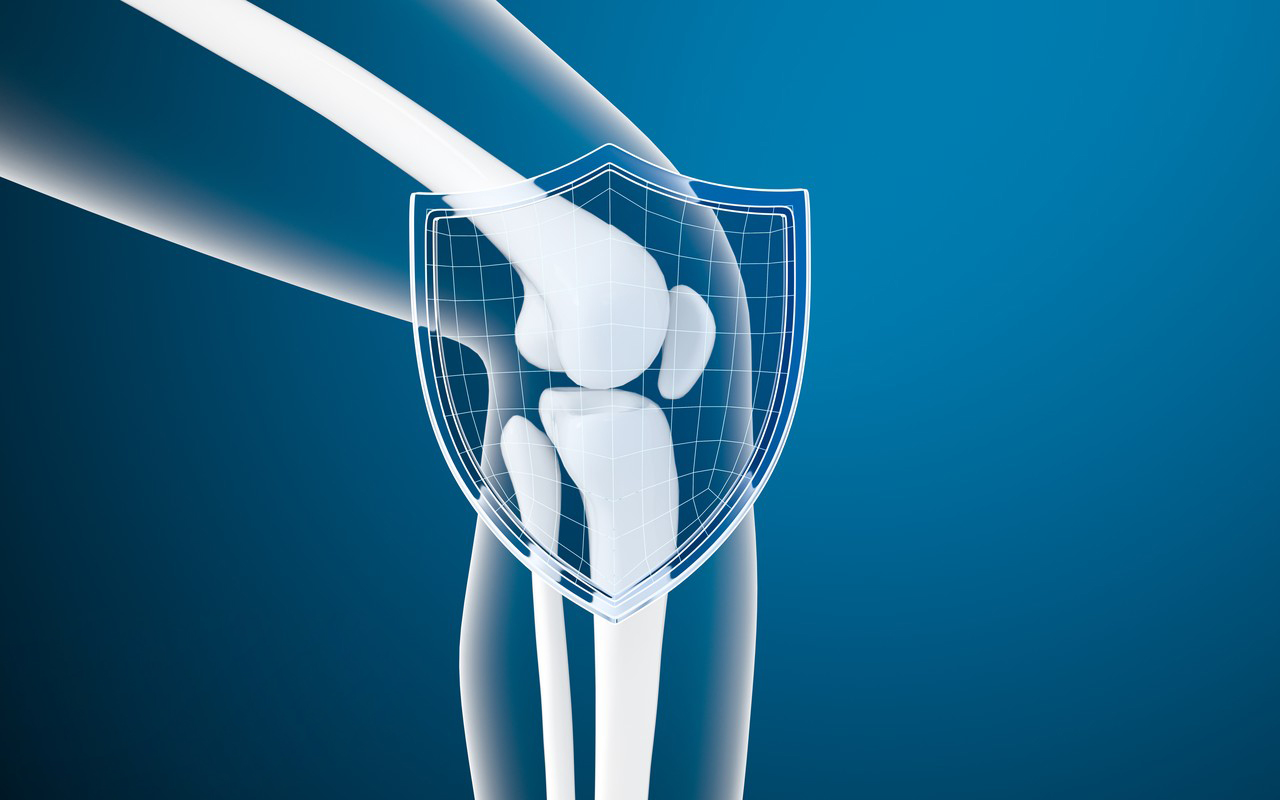Chitosan oligosaccharide (COS) is a derivative of chitosan, a biopolymer derived from chitin, which is found in the shells of crustaceans like shrimp and crab. Chitosan itself has various applications in industries such as agriculture, food, and healthcare due to its biocompatibility, biodegradability, and non-toxic nature. Chitosan oligosaccharide, being a shorter-chain version of chitosan, exhibits some unique properties that make it suitable for certain clinical applications. Some of these applications include:

Wound Healing and Tissue Regeneration: Chitosan oligosaccharide has been studied for its potential to promote wound healing and tissue regeneration. It possesses antibacterial properties that can help prevent infections, and its ability to stimulate cell proliferation and collagen synthesis can aid in the healing process. It may be used in wound dressings, gels, and other medical products to accelerate healing.
Anti-Inflammatory Effects: Chitosan oligosaccharide has demonstrated anti-inflammatory properties in various studies. It can modulate the immune response and inhibit the release of inflammatory cytokines. This property makes it a potential candidate for treating inflammatory conditions and diseases.
Immune Modulation: Some research suggests that chitosan oligosaccharide might enhance the immune response by promoting the production of immune cells and cytokines. This immunomodulatory effect could be beneficial in certain clinical situations, such as in cancer therapy or immunodeficiency disorders.
Drug Delivery: Chitosan oligosaccharide nanoparticles have been explored as carriers for drug delivery. These nanoparticles can encapsulate drugs and improve their bioavailability, stability, and targeted delivery to specific tissues or cells. This application holds promise for improving the efficacy and safety of various therapeutic agents.
Bone Health: Chitosan oligosaccharide has been investigated for its potential to promote bone formation and mineralization. It may be used as a component in materials for bone tissue engineering and regenerative medicine, especially in cases of bone fractures or disorders like osteoporosis.

Gastrointestinal Health: Chitosan oligosaccharide has been studied for its effects on gut health. It may act as a prebiotic, promoting the growth of beneficial gut bacteria and improving gut barrier function. This could have implications for managing gastrointestinal disorders and supporting overall digestive health.
Skin Care and Cosmetics: Due to its moisturizing and skin-soothing properties, chitosan oligosaccharide is used in various skincare and cosmetic products. It can enhance skin hydration, reduce inflammation, and improve the appearance of skin.
It’s important to note that while chitosan oligosaccharide shows promise in these applications, further research and clinical trials are needed to fully establish its safety and effectiveness. Additionally, individual responses to chitosan oligosaccharide may vary, so healthcare professionals should be consulted before using it for clinical purposes.
